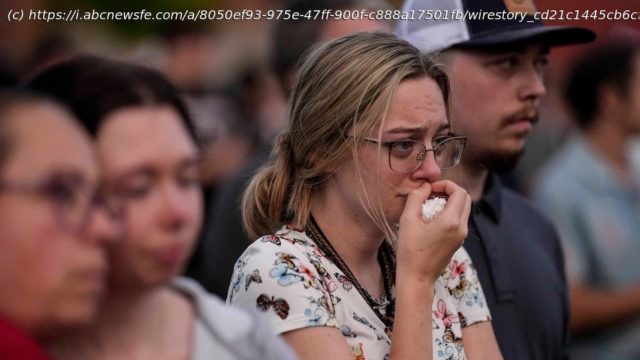The U.S. is dealing with another school shooting: Two students and two teachers were killed at a school in Georgia
The U.S. is dealing with another school shooting: Two students and two teachers were killed Wednesday at a school in Georgia. At least nine other people — eight students and one teacher — were taken to hospitals with injuries.
The effects of a shooting on a community are felt long after the day’s tragedy. But a shooting like the most recent one in Winder, Georgia, can have physical, emotional and behavioral effects on all kids.
Many health experts, including psychologists and grief counselors, are reminding people there are resources to support students’ mental and emotional health as they grieve and process.
Here’s how they say families should address traumatic experiences with their kids.
It takes time to process emotions, regardless of age, so adults should start by taking care of themselves. That said, experts encourage parents to have conversations with their children and not avoid the topic, if kids indicate a willingness to talk about it.
“If they are not hearing about it from you as their parent, they will hear about it from their friends at school,” says Emilie Ney , director of professional development at the National Association of School Psychologists.
It’s OK for caregivers to say they don’t have all the answers and not force the conversation, according to guidance from the National Child Traumatic Stress Network. Being available and patient is key.
This isn’t just a job for parents and guardians. All adults should remember to be available for the kids in their life.
Домой
United States
USA — mix How to talk with kids about school shootings and other traumatic events






